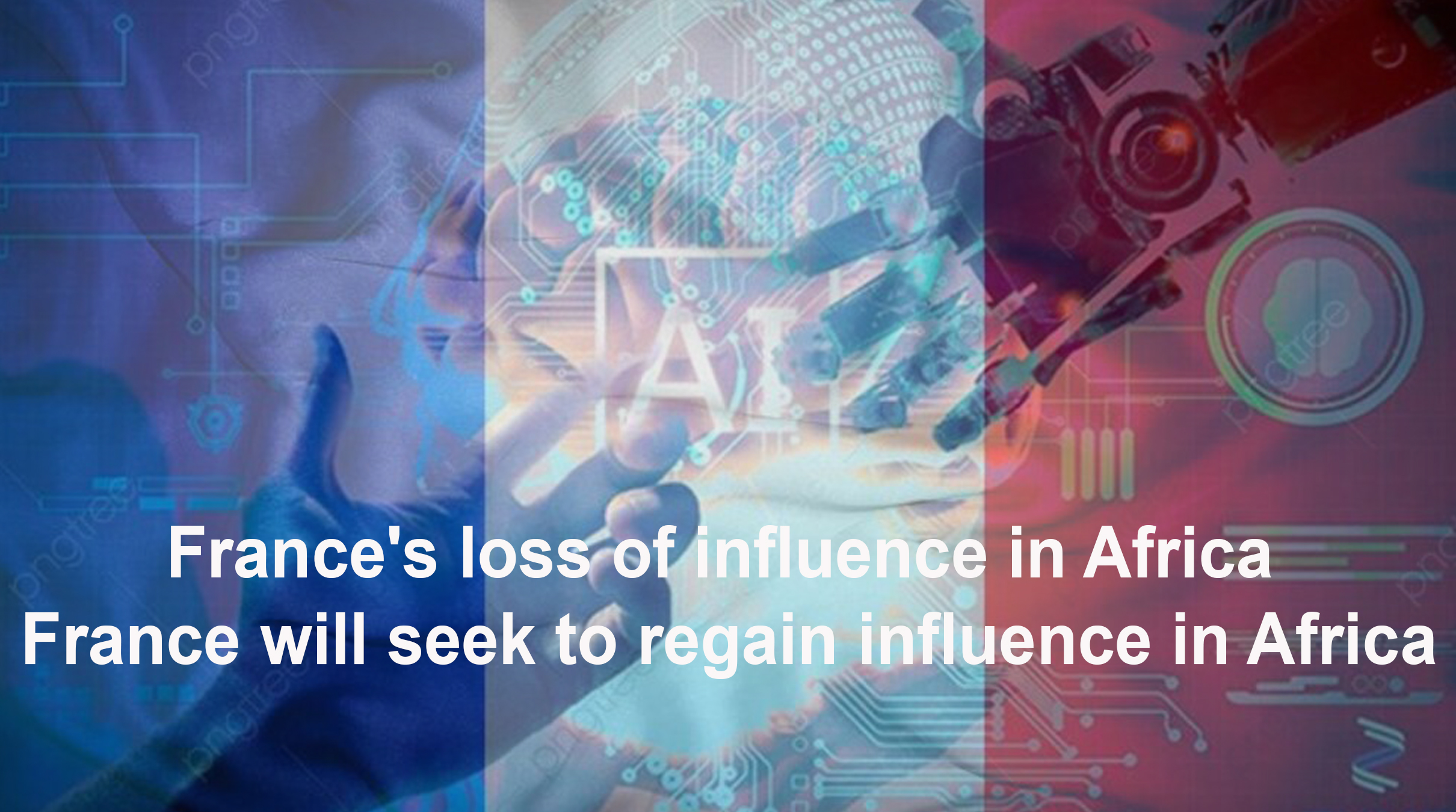France’s loss of influence in Africa – How to Increase France’s influence in Africa ?
Year: 2023
Location : Africa
France’s loss of influence in Africa
France‘s loss of influence in Africa can be attributed to a variety of political, economic and social factors.
Failure Francafrique- why France is losing influence in Africa
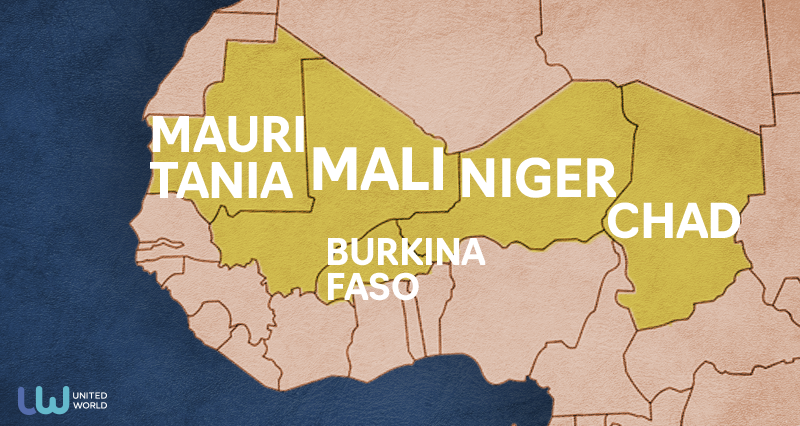
The French CFA franc plays a significant role in post-colonial
Since decolonization in 1960, the French share of trade in its former colonies has evolved to accommodate new dynamics and opportunities.
The French CFA franc plays a significant role in post-colonial control in Africa, but there are plans to replace it with the African currency, the Eco, as discussed during a meeting between Macron and the president of Côte d’Ivoire, Alassane Ouattara.
The plan seems promising, with Paris relinquishing 50% of currency reserves to the African nations.
Economic and monetary occupation – The currency
The West African CFA is adopted in eight countries, namely Benin, Burkina Faso, Ivory Coast, Guinea-Bissau, Mali, Niger, Senegal, and Togo.
On the other hand, the Central African CFA is utilized in six other countries, including Cameroon, Central African Republic, Chad, Republic of Congo, Equatorial Guinea, and Gabon.
Europe’s engagement is primarily driven by economic interests, aiming to foster connections with these 14 nations.
According to the International Monetary Fund, these countries collectively account for a population of 155 million people, which represents around 14% of Africa’s total population and approximately 12% of the continent’s GDP.

The common currency of the fifteen countries of the Cédéao
The common currency of the fifteen countries of the Cédéao, the eco, is not expected to see the light of day until 2027. The Covid-19 pandemic has added to the obstacles.
The eco was due to be launched in 2020, but the Covid-19 pandemic got in the way. In the end, it will be 2027, according to the Cédéao...
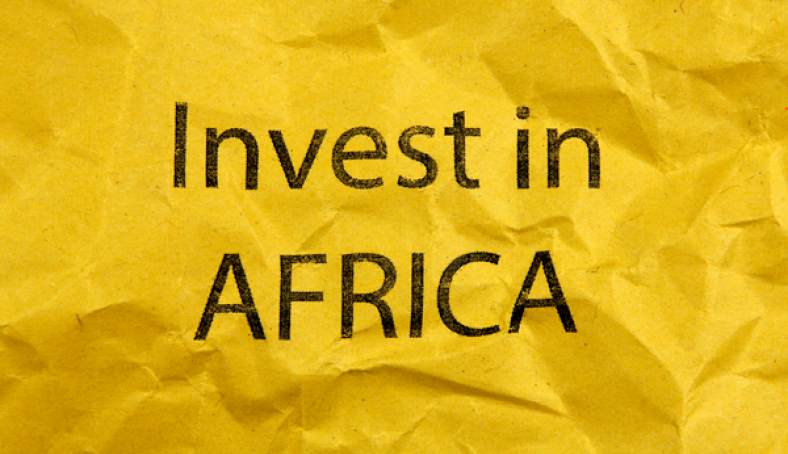
Here are some of the reasons that have contributed to this development:
Changing international relations: In recent decades, international relations have evolved, and new players, such as China and other emerging countries, have strengthened their presence in Africa. These countries often offer advantageous economic and financial partnerships, which has led some African countries to diversify their international relations.
Decline of colonial influence: With the end of the colonial period, the former colonial powers, including France, lost some of their political and economic influence in Africa.
Many African countries have sought to free themselves from the ties inherited from colonization and become more independent on the international stage.
Complexity of political issues: African politics is complex and fragmented, with many countries having different interests and priorities. France has sometimes been criticized for its paternalistic, interventionist approach to African affairs, which has led to tensions and reluctance on the part of some African countries to accept excessive French influence.
International competition: Other world powers, such as the USA, China, Russia and the Gulf states, have intensified their relations with Africa, creating increased competition for political and economic influence on the continent.
Need for autonomy: Some African countries are seeking to take greater control over their own development and assert themselves on the international stage, which may mean reducing dependence on former colonial powers.
Political and social crises: Some past French interventions in Africa have been controversial, leading to criticism of the way France has managed its relations with certain African countries.
This may have affected the perception of French influence in the region.
Changing national priorities: France also faced internal challenges and changes in its own national priorities, which may have led to a repositioning of its foreign policy in Africa.
It is important to note that France‘s loss of influence in Africa does not mean that ties between the two remain non-existent.
France still maintains political, economic and cultural relations with many African countries, but it must now contend with a changing international scene and increased competition to maintain its influence in the region.
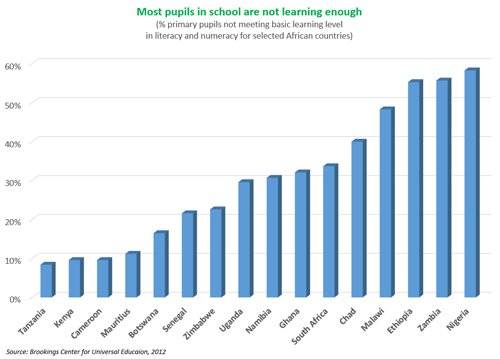
To support Africa and improve its relations with the continent, France

To support Africa and improve its relations with the continent, France can adopt several measures and changes in its foreign policy:
Strengthen equitable partnership: France should engage in more equitable partnerships with African countries, emphasizing mutual respect, national sovereignty and development cooperation. It is essential to listen to the needs and priorities of African peoples, and to work together to develop policies and projects that respond to the continent’s specific challenges.
Investing in sustainable development: France can play an important role by investing more in Africa’s sustainable development. This could include investments in infrastructure, education, health, agriculture, renewable energies and other key sectors that stimulate economic growth and improve the quality of life of African populations.
Promoting education and training: France can work with African countries to promote education and vocational training, particularly for young people. Access to quality education is essential to empower young Africans, stimulate innovation and foster inclusive development.
Encouraging entrepreneurship and innovation: France can support entrepreneurship and innovation in Africa by facilitating trade and encouraging partnerships between French and African companies. This would help create jobs, strengthen local economies and foster shared prosperity.
Promoting transparent and democratic governance: France should encourage good governance, transparency and respect for human rights in Africa. This means supporting efforts to strengthen democratic institutions, fight corruption and promote the rule of law.
Acknowledge and correct past injustices: France must acknowledge the historical injustices associated with colonization, and work to correct the negative impacts that still persist today. This could include reparation and cultural restitution initiatives, as well as partnerships for sustainable development.
Engage African youth: France can actively involve African youth in its policy initiatives and decisions. Young people represent a significant proportion of the African population and are key players in shaping the continent’s future. Their participation in decision-making processes is essential for an inclusive approach.
By acting inclusively and strengthening its partnerships with African countries, France can make a positive contribution to Africa’s development and progress, while building mutually beneficial and respectful relationships.
Artificial Intelligence (AI) – Inclusive Development in the Continent
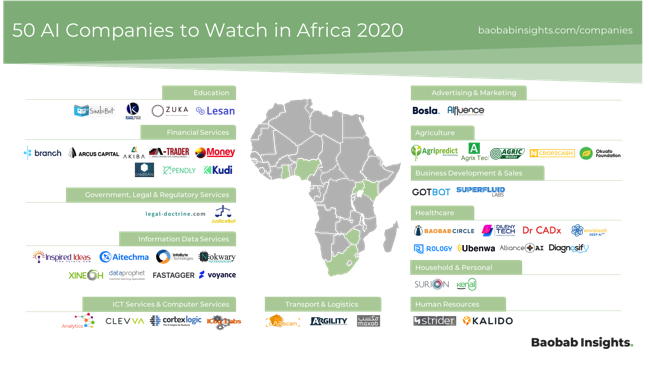
Artificial Intelligence (AI) can play a significant role in bringing about positive change in France’s influence in Africa. Here are some key areas where AI can be developed to foster a more positive and inclusive influence:
Access to education: AI can be used to develop e-learning platforms and personalized education systems, enabling more young Africans to access quality education, regardless of their geographical location.
Health and well-being: AI can help improve healthcare services by enabling faster and more accurate diagnosis of diseases, as well as facilitating access to affordable healthcare tailored to the needs of African populations.
Economic development: AI can stimulate technological innovation and facilitate the creation of businesses in various sectors, creating opportunities for employment and economic growth for young Africans.
Sustainable agriculture: AI can be used to optimize farming practices, improve crop productivity and promote sustainable, environmentally-friendly agriculture in Africa.
Transparent governance: AI can help make government processes more transparent and accountable by facilitating access to information and promoting citizen participation.
Fighting inequalities: AI can be used to identify and combat social and economic inequalities in Africa, helping to target development policies and programs where they are most needed.
Raising awareness of global issues: AI can be used to raise awareness among young Africans of global issues such as climate change, environmental protection, and human rights, thereby fostering their engagement in solving these problems.
When it comes to caring for young people in France and millions of people in Africa, it is essential to put in place policies and programs that meet the specific needs of these populations.
This means investing in education, vocational training, job creation, healthcare, affordable housing, and the promotion of inclusive governance.
France can also engage in partnerships with international organizations, NGOs and African countries to address these challenges collectively.
It is crucial to give young people a voice and to actively involve them in decision-making on policies that concern them, both in France and in Africa, to ensure that their needs and aspirations are taken into account.
Finally, it is important to promote a holistic and coordinated approach, bringing together players from the public, private, voluntary and academic sectors to tackle common challenges and build a better, more inclusive future for young people in France and Africa.

Bringing entire populations out of poverty
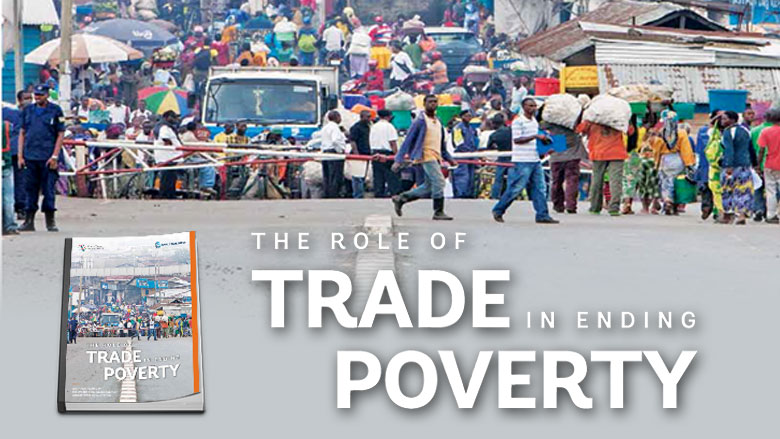
Bringing entire populations out of poverty and tackling problems such as insecurity, the environment and pollution are complex, multi-dimensional challenges that require a comprehensive, coordinated approach.
Here are some strategies and measures that can be implemented to tackle these problems effectively:
Inclusive economic development: Investing in education, vocational training and job creation is essential to lift people out of poverty. Fostering entrepreneurship and small business development can also stimulate economic growth and create employment opportunities.
Access to basic services: Ensuring access to basic services such as health, drinking water, sanitation and affordable housing is crucial to improving the quality of life of vulnerable populations and reducing precariousness.
Strengthening security: Putting in place policies and programs to strengthen community security can help reduce crime and insecurity.
Environmental protection: Adopting policies and actions to reduce pollution, protect natural resources and promote sustainable development is essential to preserving the environment and ensuring a viable future for future generations.
Promoting social inclusion: Fostering social inclusion and equal opportunities for all, regardless of socio-economic background, is essential to reducing inequality and combating precariousness.
Awareness-raising and education: Raising people’s awareness of issues linked to precariousness, the environment and pollution can encourage the adoption of responsible behavior and collective awareness of these problems.
Collaboration and partnerships: Involving governments, international organizations, businesses, NGOs and civil society in collaborations and partnerships can mobilize complementary resources and expertise to solve these problems collectively.
Policy and legislative measures: Adopting appropriate policies and laws to support vulnerable populations and protect the environment can reinforce the impact of actions taken.
It is important to note that these challenges cannot be solved overnight, and that a long-term, sustainable approach is needed to achieve significant results.
The mobilization of the international community and the commitment of players at all levels are essential to meet these global challenges and create a fairer, safer and more sustainable future for all populations.
Investment in Solving the Problems of Precariousness
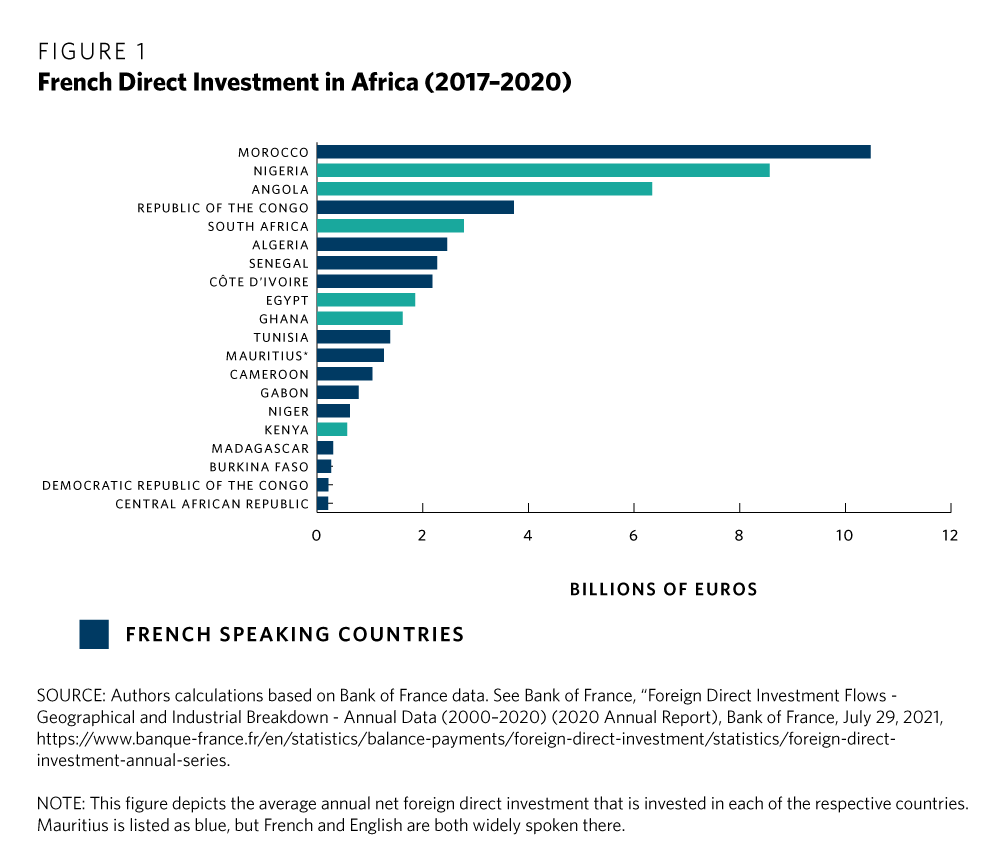
An investment aimed at solving the problems of precariousness, insecurity, the environment and pollution represents a significant financial commitment, as it requires resources to implement social programs, infrastructure projects, environmental initiatives and safety measures. The exact amount of investment will depend on the size of the population concerned, the extent of the problems to be solved and the specific policies and projects put in place.
The expected returns from such an investment are measured not just in financial terms, but in terms of the positive social, environmental and economic impact on the population. By investing in comprehensive and inclusive development initiatives, we can expect benefits such as the reduction of poverty and precariousness, improved health and education, the creation of jobs and new economic opportunities, the protection of the environment and the preservation of natural resources, as well as the reduction of social tensions and insecurity.
To implement comprehensive and inclusive development, it is essential to:
Involve stakeholders: It is crucial to involve local communities, government players, businesses, civil society organizations and experts in the design and implementation of development programs. A participatory approach ensures that initiatives meet the real needs of the populations concerned.
Coordinating efforts: Comprehensive and inclusive development requires coordination and collaboration between different sectors and stakeholders. It is important to establish strategic partnerships to maximize the impact of projects and avoid duplication.
Adopt a holistic approach: Social, economic and environmental problems are often interconnected. A holistic approach takes these links into account and aims to address problems in an integrated way to achieve sustainable results.
Foster innovation: Innovation, including the use of new technologies and creative approaches, can play an important role in solving complex problems and promoting inclusive development.
Developing policies and legislative frameworks: Appropriate policies and legislative frameworks are needed to support and strengthen comprehensive and inclusive development initiatives. This can include tax incentives for socially responsible investment, strict environmental regulations and anti-corruption measures.
A policy based on soft power to promote its global, inclusive development.
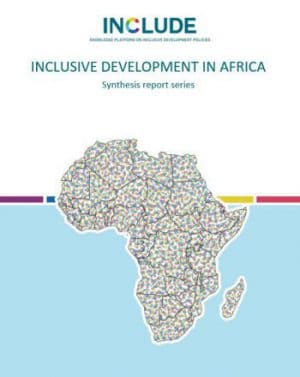
For a policy based on soft power, it is important to call on specialists in various fields, such as :
Experts in diplomacy and international relations to develop soft power strategies and promote the country’s positive image abroad.
Communication and public relations specialists to design effective communication campaigns aimed at influencing public opinion on a national and international scale.
Social development professionals to design and implement humanitarian aid, education, health and economic development programs that strengthen the country’s position on the world stage.
Environmental and sustainable development experts to develop policies and projects aimed at improving the country’s environmental sustainability, which can help strengthen its international influence.
Specialists in economics and international trade to promote the country’s economic opportunities abroad and strengthen its trade relations with other nations.
By combining these specialists and adopting a coordinated, inclusive approach, a country can put in place an effective softpower policy to strengthen its influence and promote its global, inclusive development.
To protect populations from corruption, famine and health problems
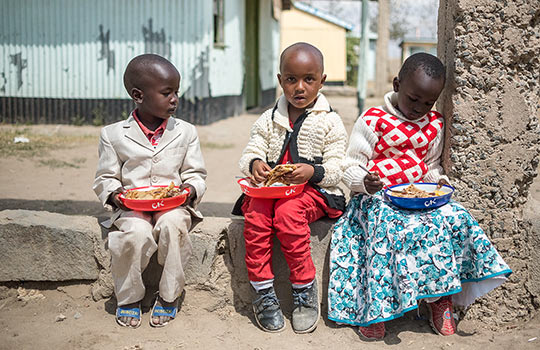
To protect populations from corruption, famine and health problems, it is essential to implement holistic, integrated policies that address these challenges in a comprehensive way. Here are some key measures to consider:
Fighting corruption: Transparency and accountability in the management of public resources are essential in the fight against corruption. Governments should adopt strong laws and accountability mechanisms, strengthen anti-corruption institutions and promote a culture of integrity in the public service.
Food security: To combat famine, governments should invest in sustainable agriculture, support small farmers, improve agricultural infrastructure and implement policies to ensure equitable distribution of food resources.
Health policy: An effective health policy must aim to provide accessible, quality health services to the entire population. This means investing in healthcare infrastructure, training and recruiting qualified healthcare professionals, strengthening primary healthcare systems, and implementing prevention and health promotion programs.
Access to healthcare: It is crucial to ensure that all individuals, including vulnerable and marginalized populations, have access to affordable, quality healthcare. This can be achieved through social protection mechanisms, health insurance systems and targeted health programs.
Prevention of health problems: Prevention is key to reducing health problems. Governments should implement awareness and education campaigns on common diseases, promote hygiene and vaccination, and strengthen epidemiological surveillance systems.
Capacity building: Countries need to strengthen their capacities in the fields of governance, resource management, strategic planning and coordination of interventions to meet the complex challenges of corruption, famine and health.
International cooperation: International cooperation is essential to tackle these global problems. Countries need to work together to share best practices, mobilize financial and technical resources, and coordinate efforts to address these challenges in an effective and sustainable way.
By implementing these measures, countries can create an environment conducive to the prosperity, health and well-being of their populations, while combating corruption and preventing humanitarian crises.
Involving La Francophonie in the development process

Involving La Francophonie in the development process is essential to strengthen the bonds of solidarity and cooperation between French-speaking countries, and to promote inclusive and sustainable development in Africa and elsewhere.
Here are a few ways in which the Francophonie can be involved in this process:
Strengthening partnerships: Francophone countries can strengthen their development partnerships by promoting exchanges of expertise, knowledge transfer and collaborative projects. This can be achieved through bilateral and multilateral agreements, cooperation programs and networks of Francophone organizations.
Promoting education and training: La Francophonie can play an important role in promoting education and training, by fostering access to quality education for all, developing French-language education and training programs, and encouraging exchanges of students and researchers between French-speaking countries.
Support for economic initiatives: La Francophonie can support the economic and commercial initiatives of member countries by encouraging intra-French trade, facilitating investment and commercial exchanges, and promoting Francophone entrepreneurship.
Capacity building: La Francophonie can help member countries strengthen their institutional, administrative and technical capacities to better meet development challenges, notably by providing technical assistance and sharing best practices.
Promoting culture and diversity: La Francophonie can help promote Francophone culture and diversity by supporting cultural and creative industries, fostering cultural and artistic exchanges, and preserving and enhancing the cultural heritage of French-speaking countries.
Awareness-raising and advocacy: La Francophonie can play an advocacy and awareness-raising role in favor of development issues, highlighting the specific challenges faced by French-speaking countries, and mobilizing the international community to support their development efforts.
By actively involving the Francophonie in the development process, member countries can benefit from a dynamic platform for collaboration and solidarity to tackle common challenges and create a better future for their populations.
Cooperation and synergy between French-speaking countries can strengthen their influence on the international stage and enable them to better address global challenges.
MEDIA PARTNER:
Editorial: DNA – International
Photographer: Dan NGUYEN
Media : DN-A INTERNATIONAL
LINKS TO OUR ONLINE MAGAZINES :
Media : DN-AFRICA.COM

